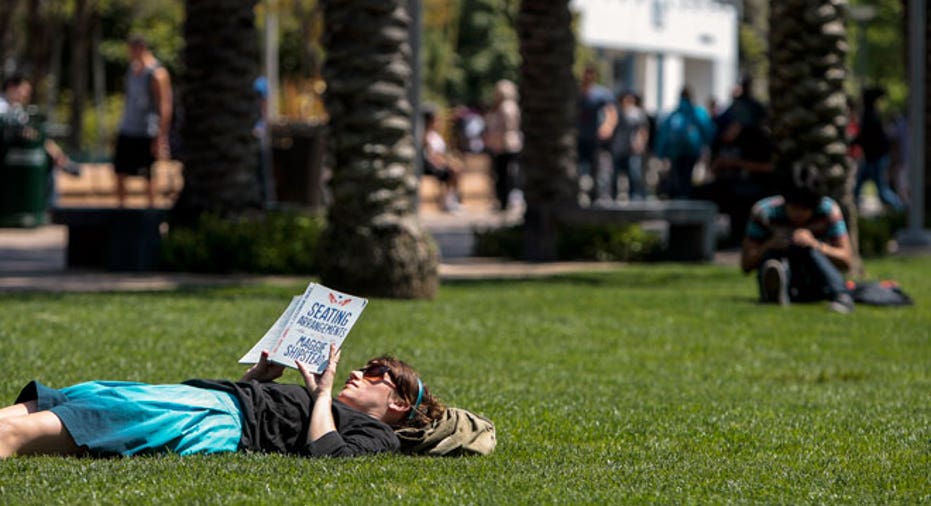Tips for Parents of New College Students

This fall, millions of fresh-faced students have trundled off to college for the first time, leaving behind countless worried parents.
But there is no need to feel helpless as your "baby" takes his or her first steps into adult life. Gonzaga University in Spokane, Washington, recently published an online booklet that offers tips for smoothing out the transition to college life.
In the following interview, Amy R. Swank, director of parent and family relations at Gonzaga, talks about her favorite tips and offers some financial planning advice for this year's first-year students.
You recently came up with a list of six essential tips for parents of students entering college. What was the purpose behind this list?
We wanted to create a guide for our families that would help them to encourage and support their student in the best possible way. We compiled tips and resources that we hope parents can refer to throughout the year.
When parents are empowered to help their student navigate the unknowns of university life, students are more successful, both academically and socially. These tips are the foundation to helping students achieve their goals and to provide parents with the tools to support their student from afar.
Can you take a moment to highlight a couple of your favorites from the list and why they are important?
Discuss and agree upon a communication plan. What's the best way to stay in touch? How often do you expect to have an update from your student? How often does your student want to hear from you?
Discuss goals and expectations ahead of time, both your student's and yours. They may be different.
Best Banks for Savings -- View Today's Rates!
Coach your student to be their own advocate and to try to solve their own problems as much as possible -- especially with their professors, by visiting with them early and often.
What are some of the biggest financial concerns that young students face?
The investment in college is a huge concern for students and families. Families are more involved in (a) student's discernment process to decide where to attend, what is the best value, how competitive are the academic programs and internships, and what kinds of jobs students secure upon graduation. The return on investment has to yield a positive outcome.
What are some of the biggest financial mistakes that new college students typically make?
The biggest financial mistake college students make is credit card debt. Most students have little experience with budgets and understanding the importance of managing their money wisely. They turn to credit cards as a quick and easy way to make ends meet while still maintaining a lifestyle they think is financially manageable.
Credit card debt quickly and exponentially grows out of control.
What are some tips you can offer new students that will help them better manage their finances?
At Gonzaga, we offer financial education programs and workshops for all first-year students to help them learn financial responsibility. We also provide workshops for families who attend our parent and family orientation. These workshops provide information on how parents can support their student while still encouraging financial responsibility and independence.
Parents should start early to educate their college-bound student about budgeting, saving and managing student loan and credit card debt.
Aside from paying for school, how can parents help their students out?
There are lots of nonfinancial ways for parents to support their student. Being a good listener when they need to work through their anxieties or concerns is probably the most important kind of support a family can provide -- and it doesn't cost a thing.
Students might not act like they need your listening ear, but they do! Let your student know you're available to listen, and refrain from always offering advice or answers.
Another way families can support their student is by sending a card or care package. Even in our digital age, students love to receive mail. A box of cookies, photos from home, holiday decorations, even shampoo can be a real pick-me-up, and reminds students they are loved and supported even if their family is thousands of miles away.
Copyright 2014, Bankrate Inc.



















